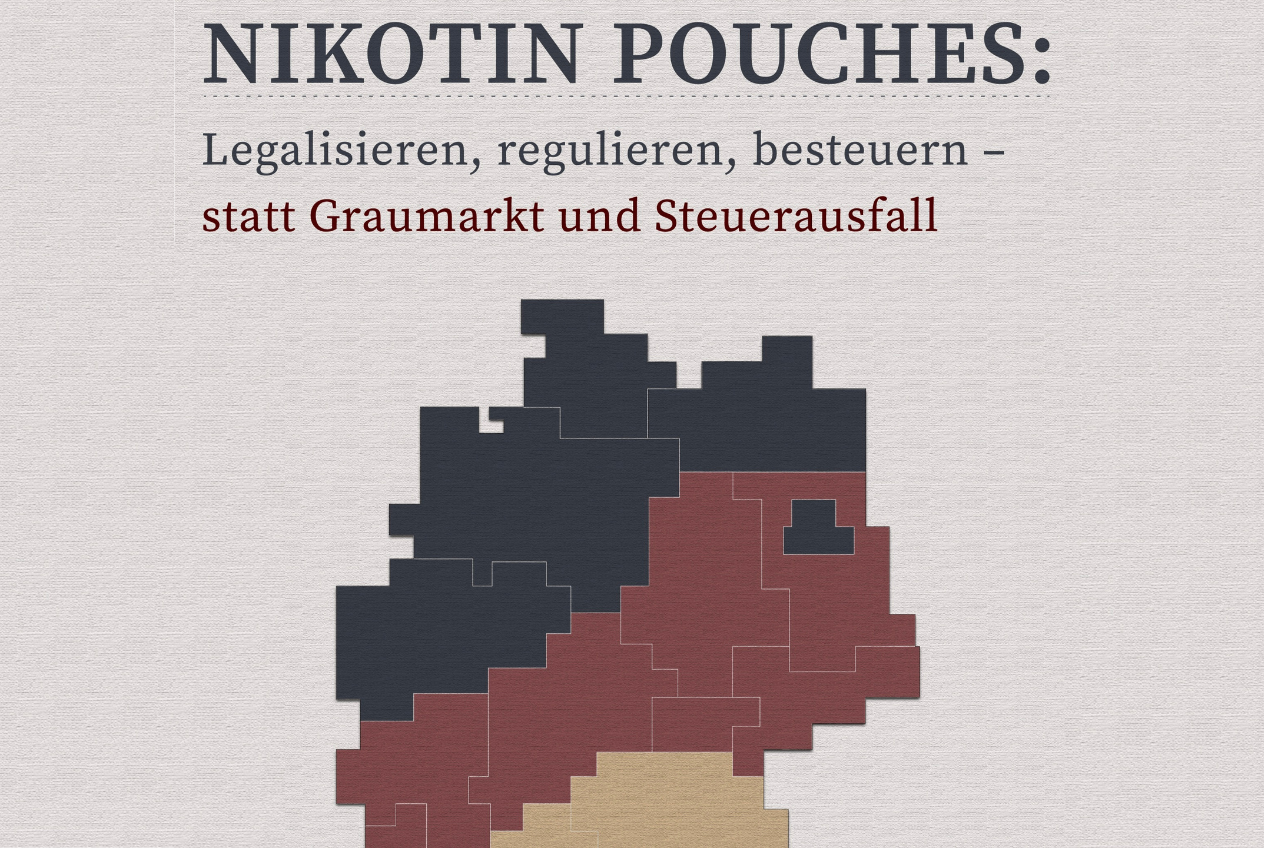KUALA LUMPUR, 21st August 2024 — The Consumer Choice Center (CCC) expresses strong support for Digital Minister Gobind Singh Deo’s recent announcement regarding the proposal in Budget 2025. Gobind wants to encourage small and medium-sized enterprises (SMEs) and micro, small, and medium-sized enterprises (MSMEs) to adopt advanced technologies, including artificial intelligence (AI). This initiative is crucial for enhancing productivity and ensuring Malaysia’s businesses remain competitive in the global market.
Tarmizi Anuwar, Malaysia Country Associate at the Consumer Choice Center, stated, “Minister Gobind Singh Deo’s initiative is a significant step forward in promoting innovation and efficiency among SMEs and MSMEs. By adopting advanced technologies, businesses will not only improve their operations but also provide consumers with higher quality products and services.”
World Bank highlights that Malaysia’s SMEs have been underperforming when compared to peer countries, both in terms of output and productivity levels. Additionally, SMEs in Malaysia are less likely to adopt complex innovations and technologies in their businesses due to a lack of technical capabilities.
The CCC also stresses that upskilling and reskilling should be integral to the process of adopting AI. “For these efforts to be truly effective, businesses must invest in training their workforce to handle new technologies,” Tarmizi added. “By integrating upskilling and reskilling programs, we can ensure that the transition to AI-driven operations is smooth and benefits both businesses and workers.”
To further support AI adoption, the CCC recommends the implementation of regulatory sandboxes—controlled environments where businesses can test AI innovations with limited regulations. While regulatory sandboxes have traditionally been used by larger tech firms and fintech companies, they can be adapted for SMEs and MSMEs as well. “Countries like India and Singapore have successfully used regulatory sandboxes to SMEs and MSMEs to foster innovation while ensuring consumer protection,” Tarmizi noted.
“For SMEs and MSMEs, specialized sandboxes could be developed with lower-cost entry points, simplified compliance requirements such as the application and evaluation processes should be streamlined or made easy to follow, and tailored support for less complex innovations.”
By making these sandboxes accessible to smaller businesses, the government can empower SMEs and MSMEs to experiment with new technologies, such as AI, without being burdened by full regulatory requirements. This approach not only encourages innovation but also mitigates risks for businesses that may lack the resources of larger corporations.
For the long term, regulatory sandboxes should not be seen merely as temporary relief for specific groups but rather as a foundational model of learning and adaptation that can drive broader regulatory reform. By embracing sandboxes as a tool for iterative testing and development across all sectors, we can streamline regulations, enhance productivity, and foster a dynamic environment conducive to innovation. This approach allows for continuous improvement and ensures that regulations evolve in tandem with technological advancements, ultimately benefiting the entire economy.
In addition to supporting these measures, the CCC urges the government to maintain transparency and accountability in their implementation. “It’s crucial that these initiatives are accessible to a broad range of businesses and do not lead to dependencies or favor certain industries disproportionately and that the process is transparent, ensuring a fair and competitive market,” Tarmizi concluded.




